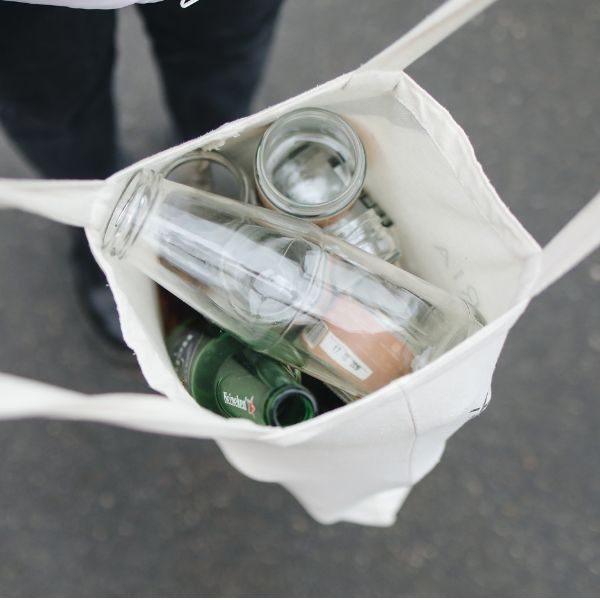International Day for Environmental Health
Today, 26 September, is International Day for Environmental Health. Every year on this date, various global organisations encourage people to be aware of the role of environmental health and take action to make the planet a friendlier place for us and future generations.
Although environmental pollution in Latvia is relatively small compared to the world's major countries, it can be found at almost every turn - in rivers, forests, the air and even in our food. Only by educating ourselves, telling our children and, above all, setting a good example, will future generations develop a healthy view of resource conservation, ecosystem health and sustainability in general.
What affects environmental health?
Environmental health is affected by things as common and everyday as transport, shopping, technology, food, packaging and more. Around the world, the growing number of people each year is driving demand for different goods, and pollution levels are rising accordingly.
For example, this year's figures[1] show that the transport sector accounts for 8.4 billion tonnes of greenhouse gas emissions, with almost 75% of these coming from land transport. The agricultural sector, including livestock farming, accounts for almost 6 billion tonnes of greenhouse gas emissions. These are just a few figures highlighting some of the sources of pollution. But one thing is clear: they are man-made. Our habits, which at times seem so mundane, are in fact directly damaging the places where we live.
And while it may not seem within the power of individuals to change such global problems, we want to inspire you by saying that it is! Because - just think how many encouraging statistics we could produce together if one in ten people changed just one of their habits in favour of environmental health.
5 everyday habits that will improve the health of the environment
We urge you to take care of our planet. We've put together 5 daily habits that you can practice to improve the health of our environment.
1 Separate waste.
Glass, plastic, paper and other household waste are separated by throwing them into separate containers. Also remember not to throw substances that are hazardous to the health and safety of the environment - such as batteries or medicines - in everyday waste. Most supermarkets and pharmacies have drop-off points for this waste.
2.Shop wisely.
Go to the shop with your own shopping bags for fruit and vegetables and other types of food. It's great if there is a convenience store in your area - take the opportunity to buy your daily essentials in a mindful and environmentally responsible way.
If you buy cosmetics, body care products or home cleaning products, for example, check the ingredients and packaging carefully.
By the way, just the other day we shared with you our excitement that we will also be switching to recycled plastics or rPET packaging.

3.Consider choosing environmentally friendly transport.
It's no secret that car transport causes air pollution as well as noise pollution, but everything in moderation, realistically assessing your options. I'm not saying you should go everywhere by bus or bicycle, but if you have the opportunity from time to time and the weather is right, this is an option. Plus, sometimes public transport can seem like a nice change.
4.Reduce or eliminate your consumption of animal products
If you currently consume a lot of animal products in your diet, at least try to reduce your consumption of animal products. For example, choose a vegan diet 1 day a week. By the way, every year there is an eco-friendly eating challenge called "Don't Eat the Globe", where you can sign up to receive valuable tips and delicious vegan recipes in your email for a whole month.
5.Choose quality over quantity.
The fashion industry is one of the world's top 6 polluters, emitting 2.1 billion tonnes of greenhouse gases - but of course not without clothes. Our advice is to choose quality over quantity. Buy better quality clothes - they may seem more expensive at first, but they will last longer and cost less in the long run. You could also consider buying second-hand.
If you don't use any of these tips regularly, start with just one. You will feel a sense of satisfaction and gratitude for the opportunity to do good on a daily basis, and over time the good habits will organically follow each other to other family members and friends.
In Love,
Maija Rieksta-Riekstiņa
Vegan Fox leader and creator
